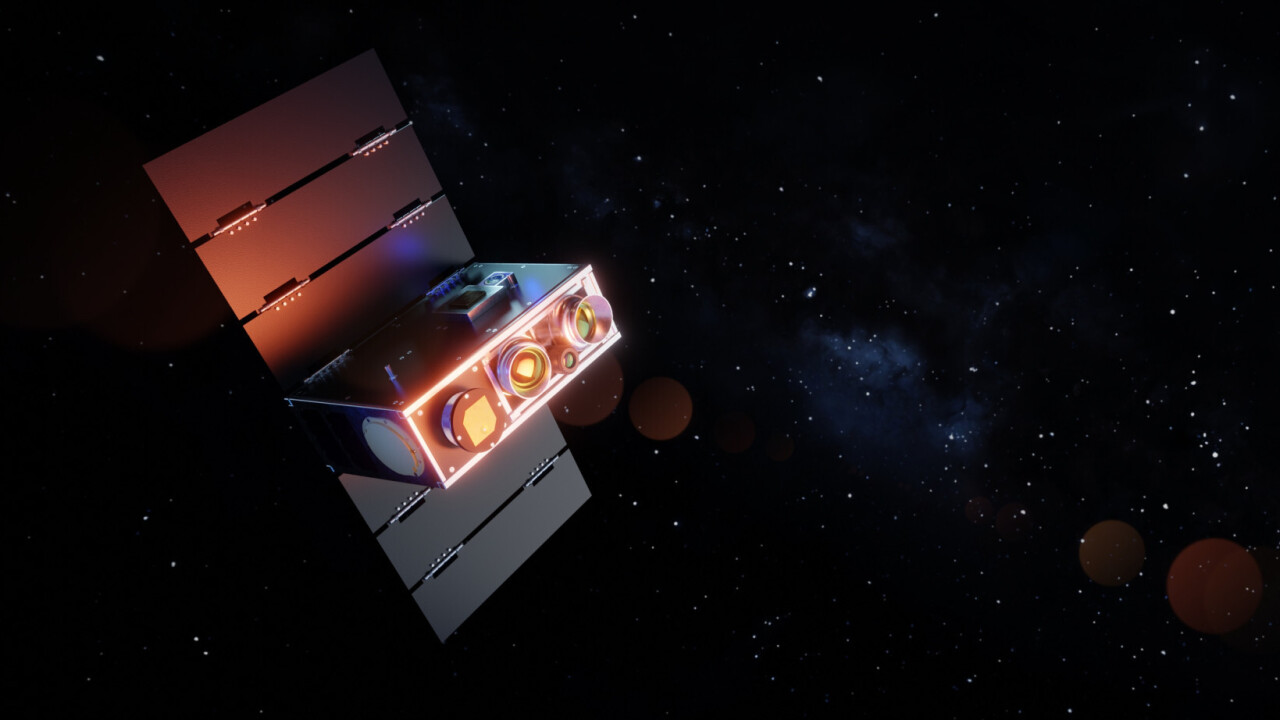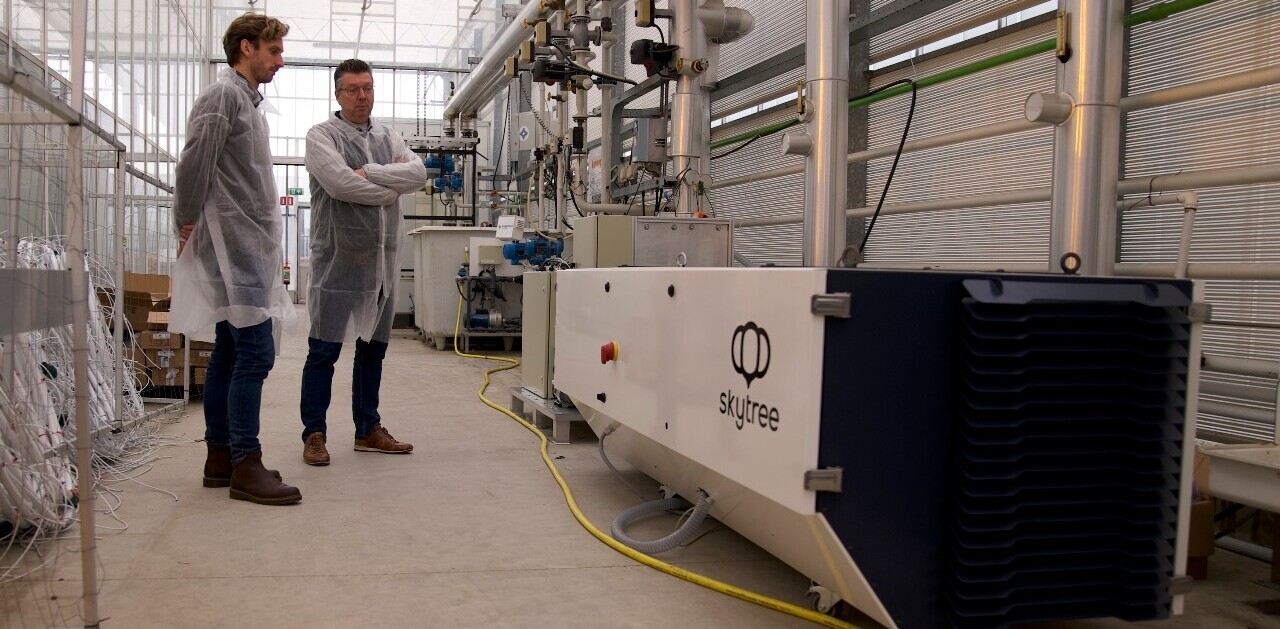
Greece’s Ministry of Digital Governance has awarded German startup OroraTech a €20mn contract to build a satellite-based early warning system for wildfires, which last year alone cost the Mediterranean nation almost €2bn in damages.
The national defence system will consist of four thermal satellites and a network of ground sensors and processing services. OroraTech will develop it in partnership with the European Space Agency (ESA) and several Greek universities and companies.
A spin-out from the Technical University of Munich, OroraTech builds thermal imaging satellites that can detect wildfires from space and monitor their spread. The company so far has launched two satellites, the first of which blasted off into low Earth orbit upon a SpaceX Falcon 9 in June last year.
Greece’s national wildfire system will go into full operations once OroraTech has got its full constellation of 100 shoebox-sized satellites in orbit, scheduled for 2026. “However, we will be delivering Greece data immediately with our current network of thermal platforms, including our Wildfire Solution platform,” a company spokesperson told TNW.
OroraTech’s so-called Wildfire Solution collates imagery from its own probes as well as over 20 other Earth observation satellites. The startup has trained an AI algorithm to scan these images and automatically detect signs of wildfires. The system can also predict how they will spread.

Once up and running, the wildfire defence system will be directly connected to the Greek emergency services. The platform will monitor ongoing wildfires, helping to support firefighting efforts on the ground.
“By investing specifically into orbital technology, we are making a real difference in monitoring wildfires that threaten human lives, our ecosystems, and our economy,” said Dimitris Papastergiou, Greece’s minister of digital governance.
The project comes as Greece prepares for another wildfire season. Last year, the country was hit hard by a swathe of wildfires that swept through southern Europe. Even at the time of writing, firefighters are battling a massive blaze close to the capital Athens.

Greece is spread out over 6,000 islands, many of which are mountainous, which makes fighting wildfires difficult. The country hopes that OroraTech’s system will improve the speed and accuracy at which future fires are detected and monitored.
Alongside its own technology, the startup will team up with the National Technical University of Athens to develop data product algorithms, the National & Kapodistrian University of Athens on space sensor development, Satways on product interoperability, and Attisat on building a Greek-based ground station.
“The world-class know-how of our Greek partners for thermal sensing is instrumental in providing the best solution for this country,” said Martin Langer, CEO and CTO at OroraTech. “Greece will be the first country worldwide to have a national satellite-based wildfire system in place.”
OroraTech told us that its third satellite, FOREST-3 (pictured top), is scheduled to launch in November. The company is currently testing eight new thermal-imaging satellites, which it plans to roll out in early 2025.
Get the TNW newsletter
Get the most important tech news in your inbox each week.




